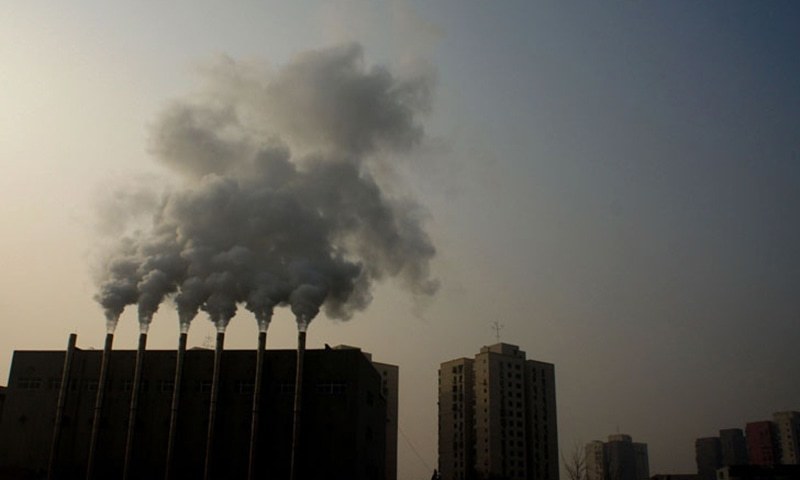KARACHI: A new study by Standard Chartered reveals that 78 per cent of multinational companies (MNCs) will remove suppliers that endanger their carbon transition plan by 2025.
According to the study titled Carbon Dated, looking at the risks and opportunities for suppliers in emerging fast-growing markets as large corporate transition to net zero, MNCs expect to exclude 35pc of their current suppliers as they transition away from carbon.
The Carbon Dated surveyed 400 sustainability and supply chain experts at MNCs across the globe.
The study also found that supply chain emissions account for an average of 73pc of MNCs’ total emissions. More than two-thirds (67pc) of MNCs say tackling supply chains emissions is the first step in their net-zero transition, rather than focusing on their own carbon output.
Suppliers in 12 key emerging and fast-growing markets can share in $1.6 trillion worth of business if they can remain part of MNC supply chains.
Racing against the clock to hit their net-zero carbon goals, MNCs are increasing the pressure on their suppliers to become more sustainable, with companies based in emerging and fast-moving markets facing the biggest challenge.
Some 64pc of MNCs believe emerging market suppliers will struggle more than developed market suppliers to meet their emission reduction targets, with a further 57pc prepared to replace emerging market suppliers with developed market suppliers to aid their transition.
MNCs are concerned that emerging market suppliers are failing to keep pace with for two key reasons — insufficient knowledge and inadequate data. Some 56pc of MNCs believe that the lack of knowledge among emerging market suppliers (41pc for developed market suppliers) is a barrier to decarbonisation.
With MNCs struggling with the quality of data, two-thirds are using secondary sources of data to plug the gap left by supplier emissions surveys. A further 46pc say that unreliable data from suppliers is a barrier to reducing emissions. The study also reveals that the current approach taken by MNCs could create a $1.6tr opportunity for the net-zero club: those businesses reducing emissions in line with MNC net-zero plans.
MNCs are also willing to spend more on net-zero products and services. Some 45pc said they would pay a premium, of 7pc on average, for a product or service from a net-zero supplier.
MNCs are exploring other ways to help their suppliers’ transition to net zero. Some 47pc are offering preferred supplier status — a sales advantage — to sustainable suppliers, and 30pc are offering preferential pricing.
Some MNCs are going further, offering grants or loans to their suppliers to invest in reducing emissions (18pc) or data collection (13pc).
Published in Dawn, June 15th, 2021














































Dear visitor, the comments section is undergoing an overhaul and will return soon.